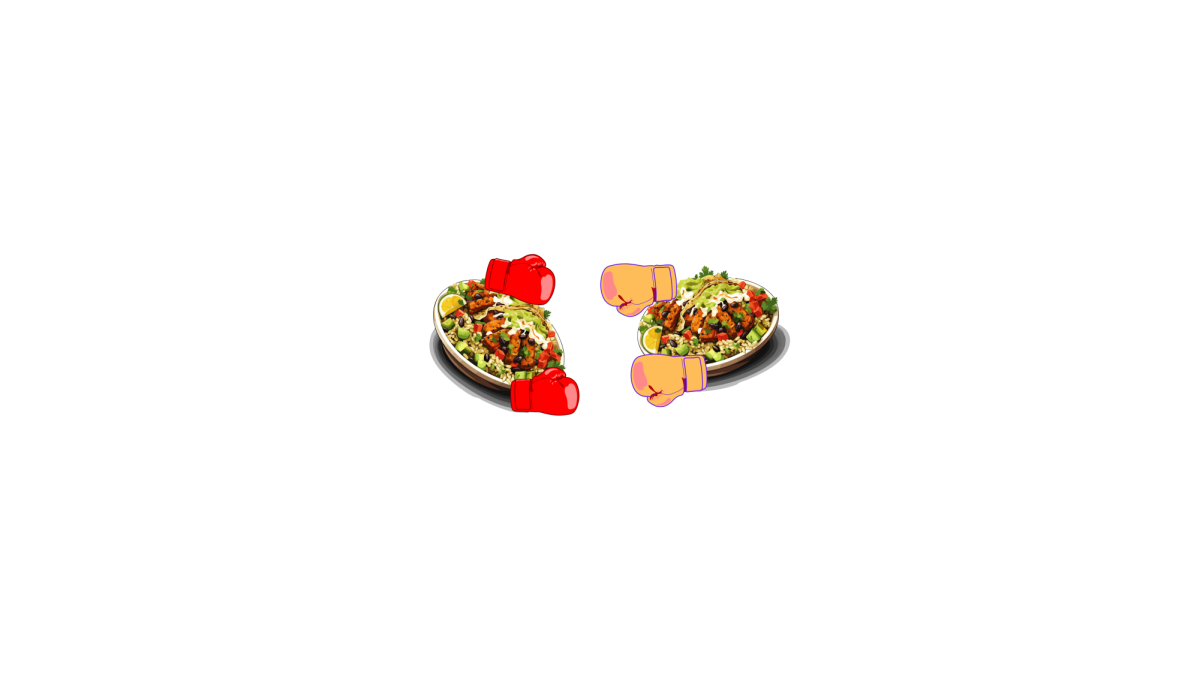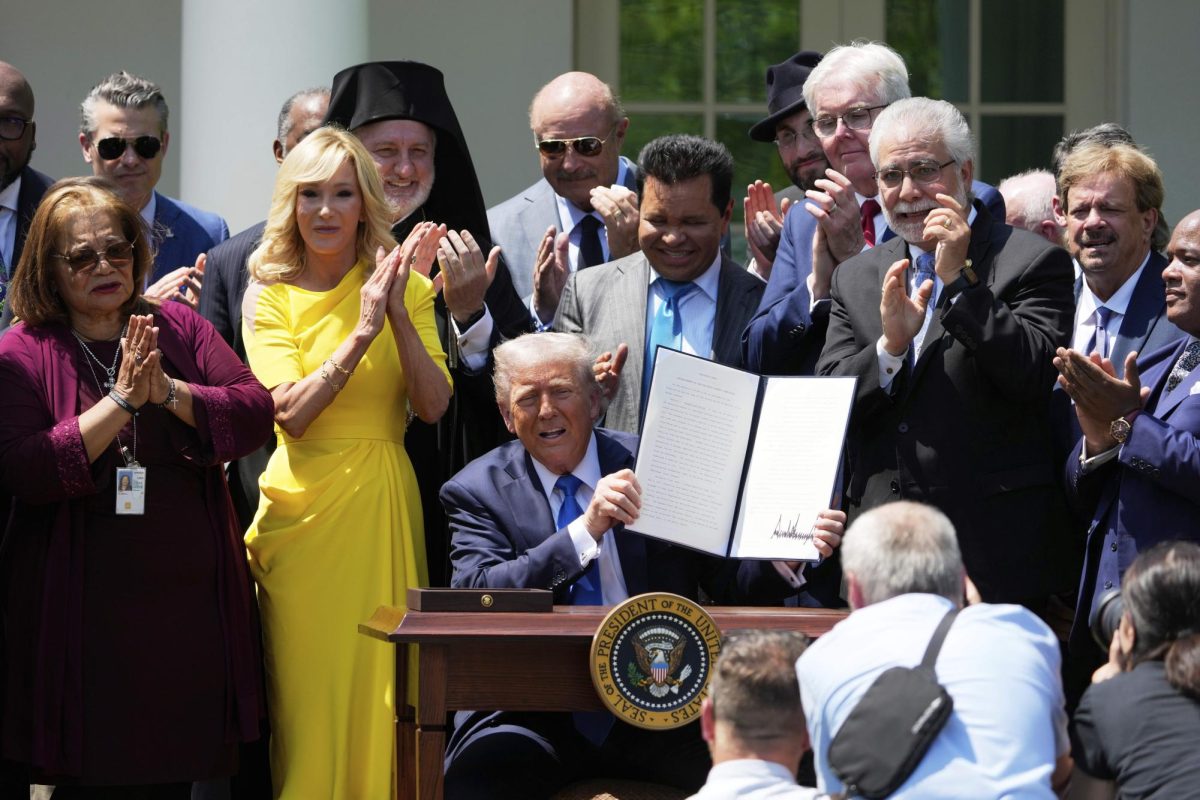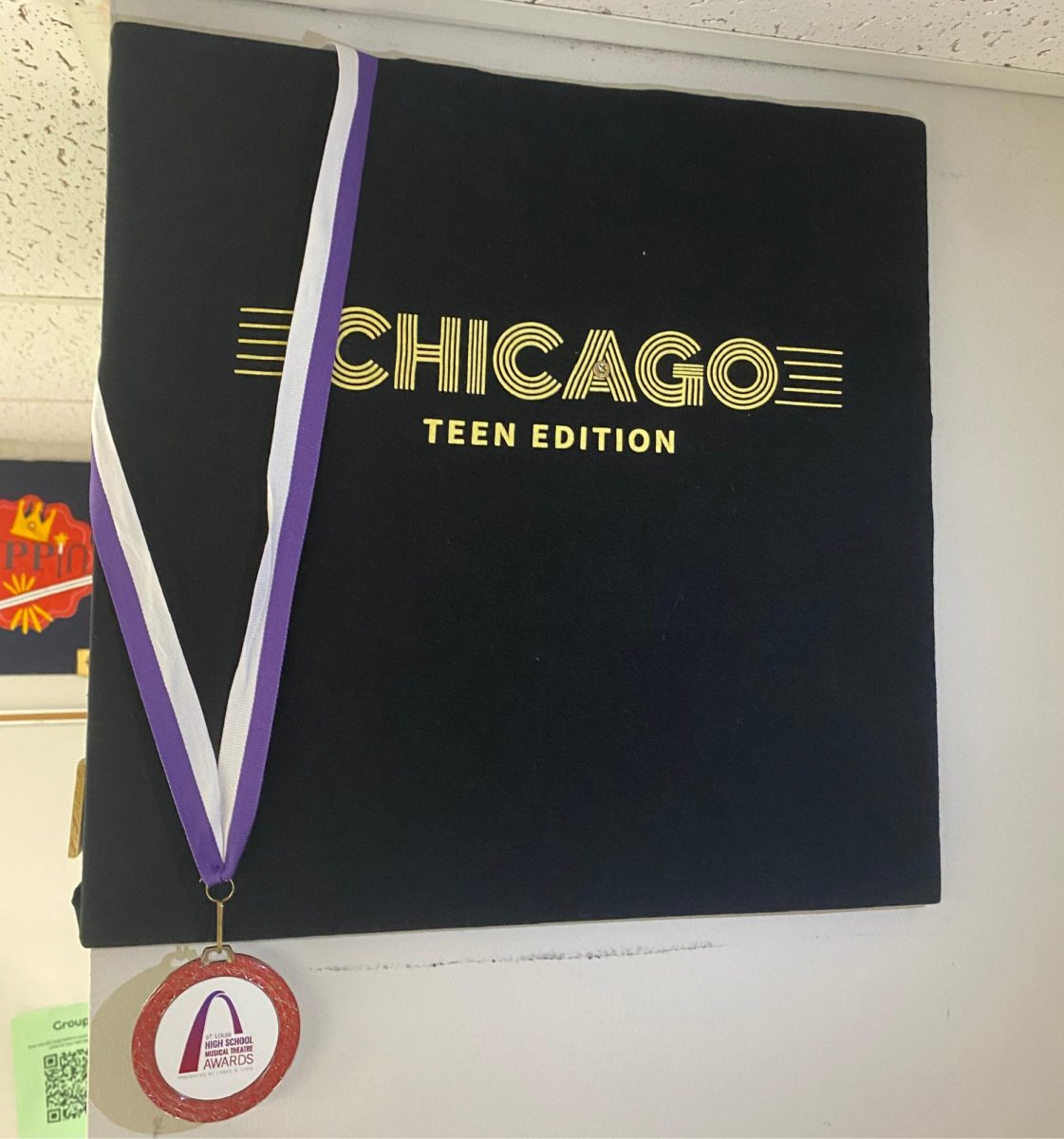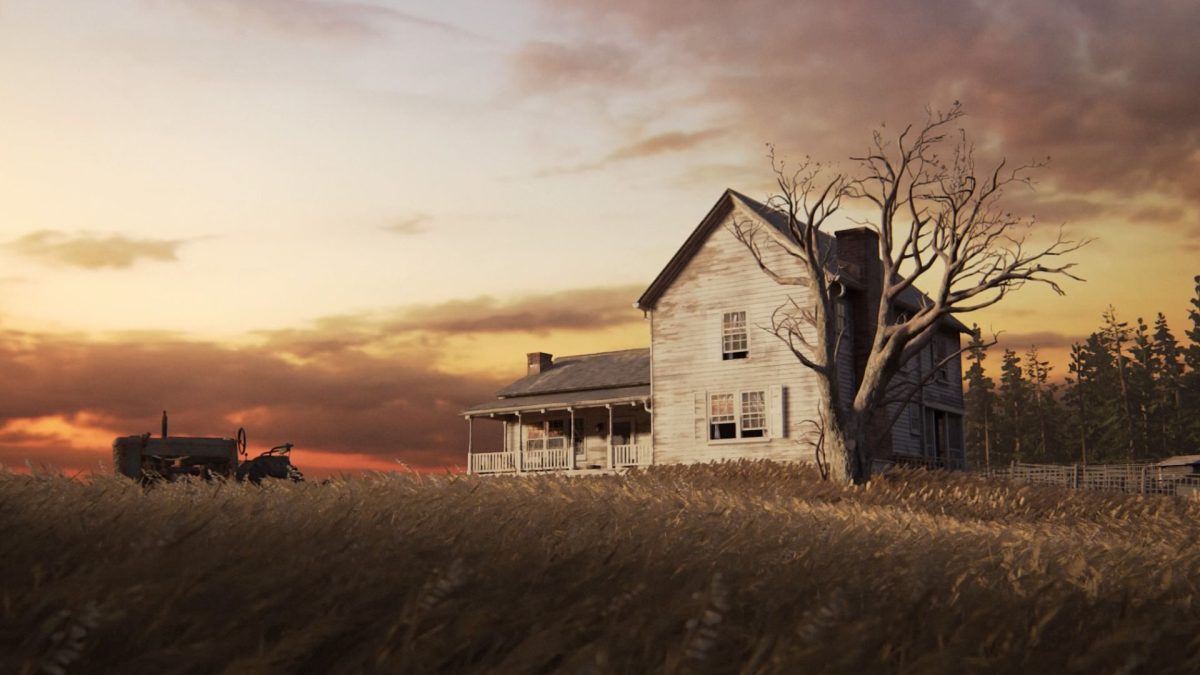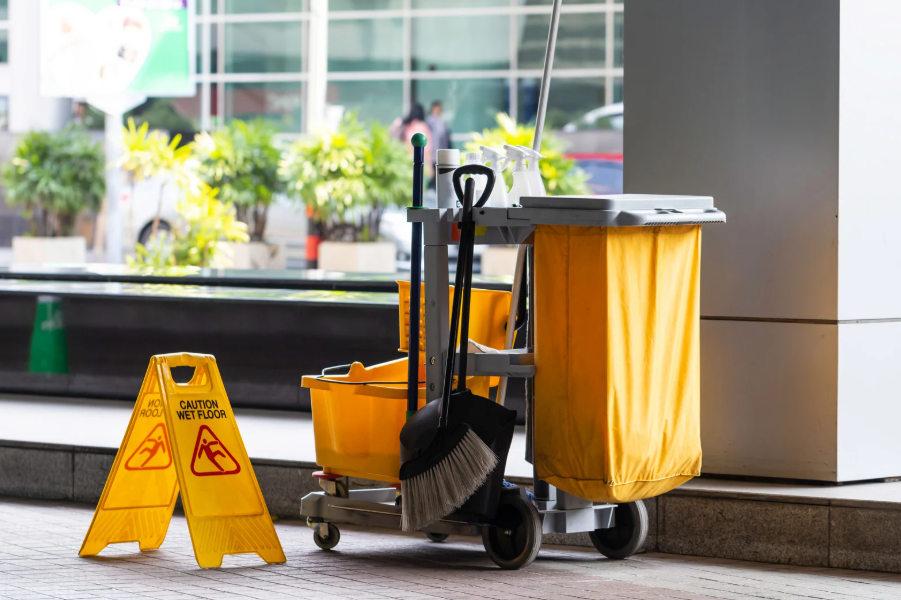Yes, We SHOULD Cover That
November 15, 2019
From the ashes of fires, the raw emotions following mass shootings and the devastation after natural disasters, a hero emerges: the American journalist.
Journalists push their own fears or reservations aside, striving to illuminate events, no matter what they are, to the American people. They have one of the hardest, and arguably most important, jobs on the planet. They craft simple, easy-to-understand pieces from the most complex of facts so that people are informed about the events of the world around them. Due to the tireless efforts of journalists, we know what is going on outside of our own comfortable bubbles.
And what is the thank-you that they get? Many times, unfortunately, it is disdain.
That was apparent at EHS after the events of the week of Nov. 4. Many people mentioned to me that the media should not have covered what students on the senior group chat called a “race war” at all. Some argued that the coverage was inflammatory, that naming the offenders in the situation glorified them and gave them the attention that they craved after inciting violence and commotion at the school. That covering tragedies is immoral because it makes people uncomfortable.
But that is not the point. The entire premise of journalism is knowledge through information—not glorification or inflammation. Journalists merely retell what happened, and their sources provide their opinions of what happens.
The media should absolutely have covered those events at EHS, because the surrounding areas deserve the right to know what ensues around them. The coverage could even have another positive impact: other schools might start developing preventative measures.
The industry is duty-bound to do just that—to empower news consumers with knowledge.
As the Washington Post’s slogan states, “democracy dies in darkness.” Similarly, truth dies in darkness. We should be thanking journalists, not denouncing their vital coverage.


